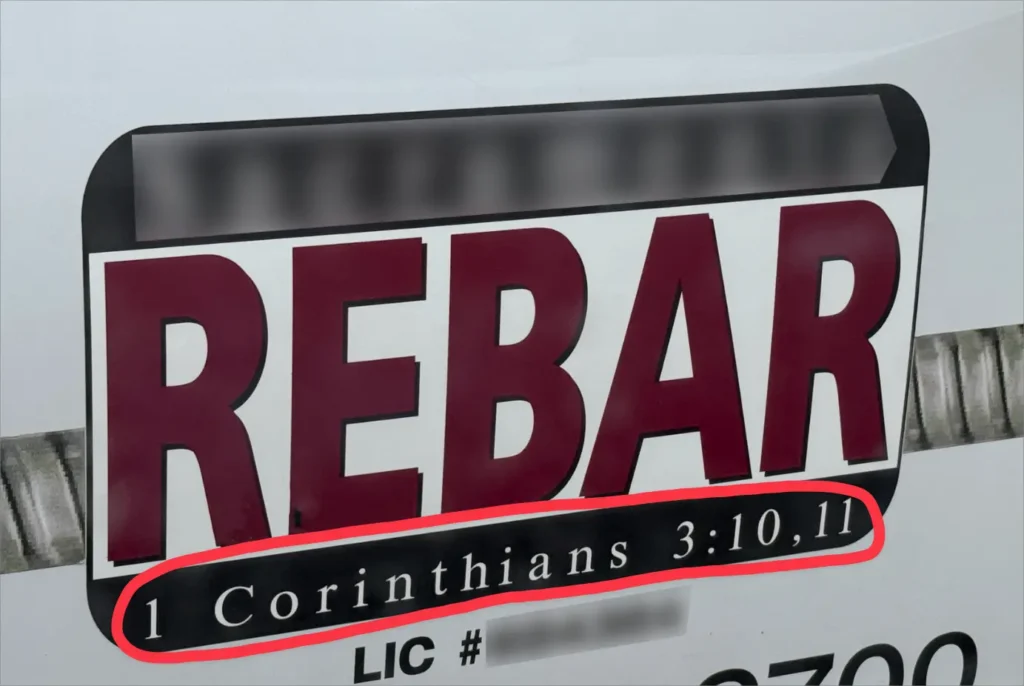Is your business turning away customers?
Your business might be pushing away customers before they even call you. You could be losing sales without knowing it. This happens when your marketing makes people feel left out.
There’s a name for this problem: Exclusion Marketing.
Think about your own shopping. Have you ever seen an ad that felt wrong to you? Maybe something about it bothered you. You probably just went to another business instead.
What is Exclusion Marketing?
Exclusion marketing happens when something about your business makes people think you’re not for them. Sometimes this is on purpose. But often it happens by accident. It could be something small like a hat, sticker, or logo. People see these things and decide not to call you.
Bad grammar is a perfect example. Spelling mistakes and poor writing might not bother everyone. But they do bother some people. These customers will think you don’t pay attention to details. If you can’t write well, why should they trust you with their business?
Why Does This Matter?
People make quick choices today. There are tons of businesses to pick from. Every small problem becomes a reason to leave. When people see something that feels “off,” they don’t give you another chance. They just go to your competitor instead.
“People don’t believe what you tell them. They rarely believe what you show them. They often believe what their friends tell them. They always believe what they tell themselves.”
– SETH GODIN
Examples of Exclusion Marketing
• Sports Team Stuff: A Raiders hat might make Raiders fans happy. But fans of other teams might not want to work with you.
• Political or Religious Items: A sticker on your work truck could turn someone away, even if you do great work.
• Narrow Messages: Ads that only talk to “busy moms” make everyone else feel left out.
Related Article: 10 FREE, non-techie marketing tips for small business success 2025

How Did We Get Here?
Old advertising tried to reach everyone. Now, many businesses focus on certain groups. This works well, but it can backfire. You might accidentally push away good customers through bad word choices or images.
For small businesses, this is a big problem. You need as many customers as possible.
(Click here for some help getting found)
Attention Small Business Owners and Marketers: Inclusive Marketing is more than buzzworthy—it’s a powerful strategy to grow your customer base and revenue. This comprehensive guide breaks down why inclusion matters, shares real-world success stories, and offers practical steps you can take now. If you want your marketing to resonate with the diverse customers of today and tomorrow, this resource is a must-read. <Read Article>
When Exclusion Marketing Makes Sense
Not all exclusion in marketing is bad. Sometimes, businesses need to focus their efforts on a specific group of customers to be more successful. This is called strategic exclusion, and it helps save money and get better results from your marketing efforts.
For example, a luxury boutique might choose not to target budget shoppers because their products are priced higher. A local plumber might only advertise in their service area instead of trying to reach people far away. Online ads often exclude people who already bought a product to avoid wasting money.
The key difference is that strategic exclusion is done on purpose to reach the right people. Accidental exclusion happens when a marketing mistake pushes people away by making them feel unwelcome. Knowing when to exclude and when to include can make your marketing both effective and inclusive.
Smart vs. Accidental Exclusion
Good exclusion saves money:
• Show “new customer” deals only to new people
• Spend ad money on people who will actually buy
• Put your ads in the right places
This smart approach helps you reach the right people. It’s totally different from accidentally turning away good customers.
IMPORTANT:
Exclusion marketing happens more often than you think—and fixing it can unlock customers you never knew you were losing. Small tweaks to your messaging, imagery, and targeting can dramatically expand your reach without changing your core business or values. Start with a simple audit of your website and marketing materials this week.
You might be surprised how many potential customers you can welcome back with just a few strategic adjustments.
Every inclusive change you make today could translate into new business tomorrow.
How To Avoid Exclusion Marketing
• Check Everything: Look at your website, trucks, ads, and social media. Could anything make someone feel unwelcome?
• Know When To Be Specific: It’s okay to show team support in sports magazines. But keep your main marketing open to everyone.
• Stay True But Welcoming: You don’t have to hide who you are. Just focus on what you offer customers, not things that divide people.
• Target Smart Online: Use ad tools on purpose. Exclude people who won’t buy, but do this for business reasons—not by accident.

Online Ads Done Right
Online ads let you pick who sees your message:
• Show “new customer” offers only to new people
• Skip groups who won’t buy from you
• Don’t put ads where they don’t fit your business
This smart exclusion saves money and finds the right customers.
The Bottom Line
Every part of your marketing matters. Small businesses can’t lose customers over simple mistakes. One bad photo or wrong word can cost you business before people even call.
The fix is easy: Check your marketing materials often. Make sure they welcome as many people as possible. Target your ads smart. Small changes to your marketing can bring in way more customers. In today’s world, every customer counts.
Please Note: We will be constantly updating this article as I find new information, change my mind, or if we hear feedback that we haven’t thought of – by people like YOU. We’ll also update this article if we think of ways to improve it. Without a doubt, keep checking back. Share this article with those who you think could use the help and please write your comments and questions below. It could help us…and others.
More posts

Exclusion Marketing – How Small Businesses Can Avoid Turning People Away

Don’t worry small businesses! Online success in 2025 is yours!

10 FREE, non-techie marketing tips for small business success 2025

Don’t get fooled: The truth about ‘voice search directories’ and your local business (2025)

Google’s Core Update: What you should know (2025)
Have a comment or question? Connect with us
Recent Posts
Exclusion Marketing – How Small Businesses Can Avoid Turning People Away
Is your business turning away customers? Your business might be pushing away customers before they even call you. You could be losing sales...
Don’t worry small businesses! Online success in 2025 is yours!
Are you a small business owner feeling overwhelmed by the rapid pace of digital marketing? Do you worry that you’re falling behind in...
10 FREE, non-techie marketing tips for small business success 2025
If you’re a small business owner looking to attract more customers without spending a dime, you’re in the right place. These 10 marketing...